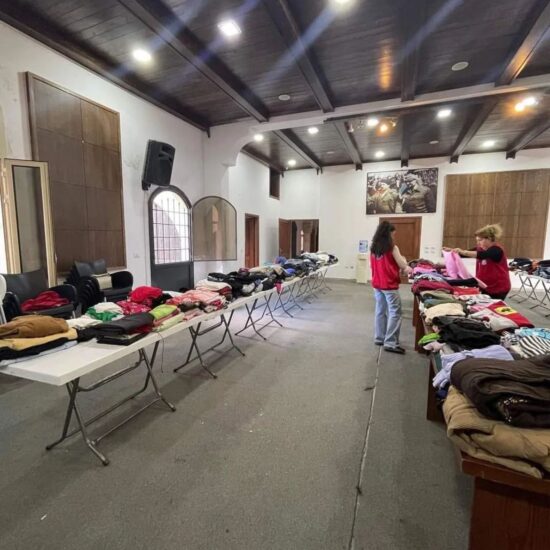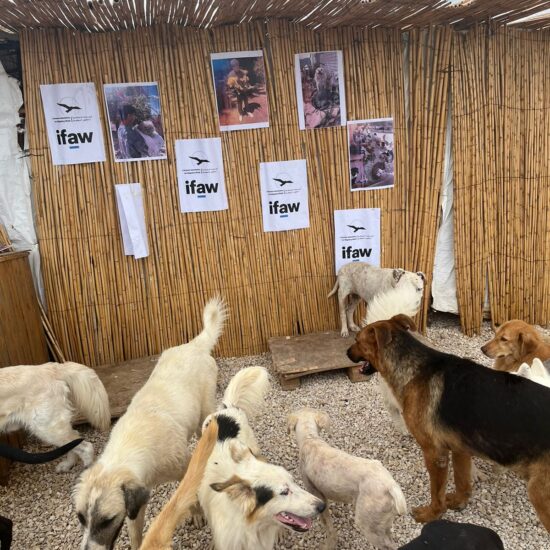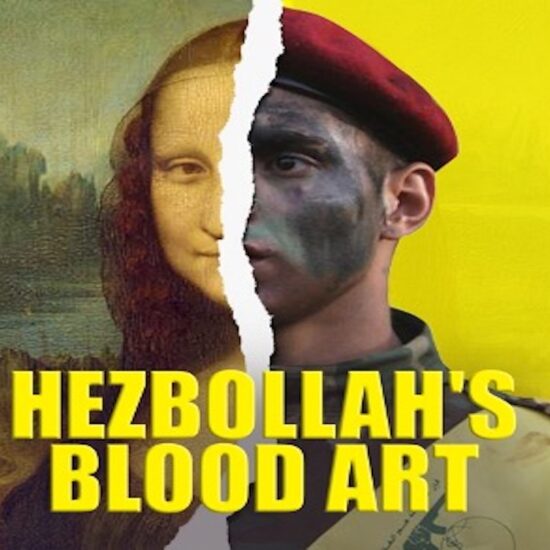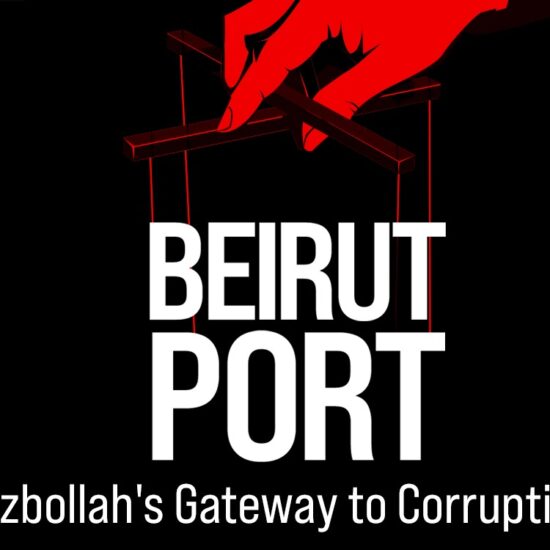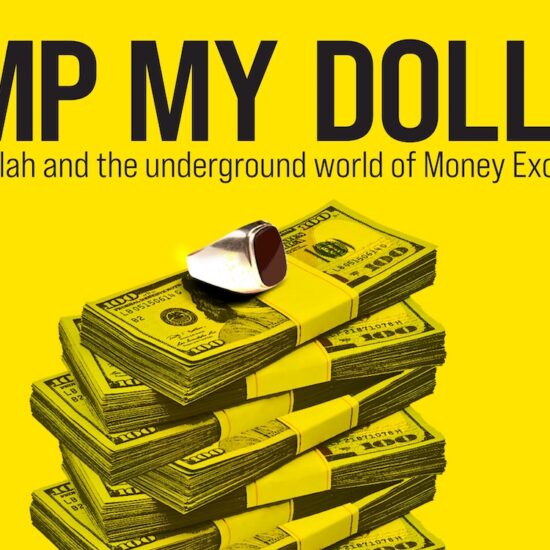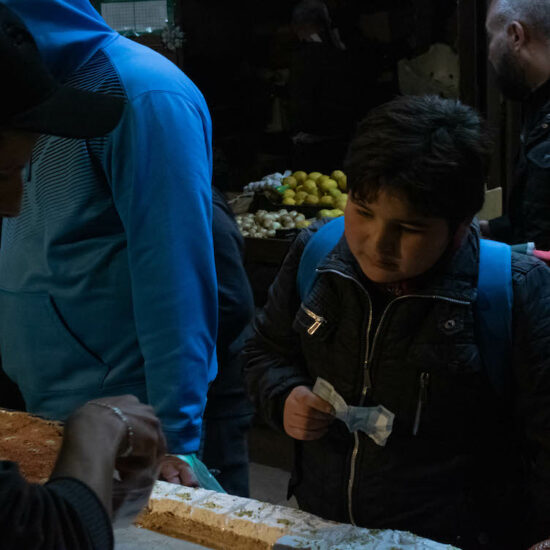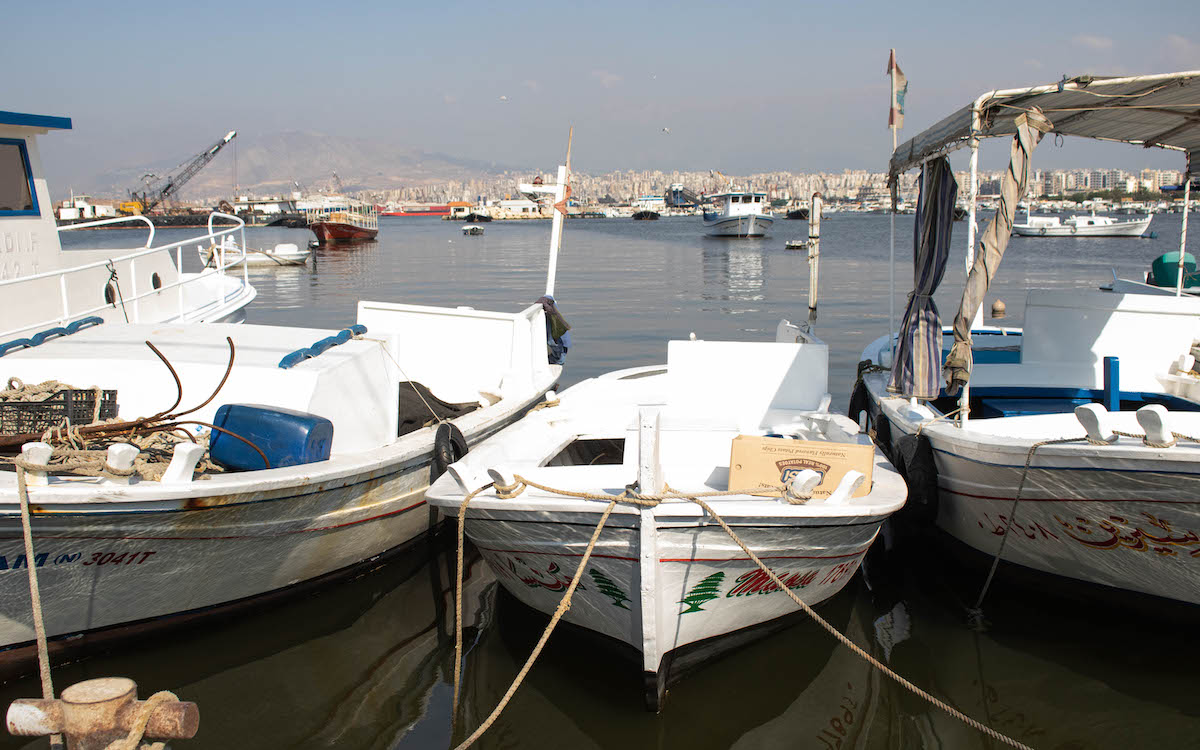
On the second day, the first child died.
The following day another died.
On the fifth day, a man died.
“He was a big man,” Farid says. “He put hot peppers in some seawater and drank it. Then he died.”
For eight days, 38-year-old Farid was stranded in the middle of the Mediterranean Sea when he and nearly 50 others were trying to flee Lebanon to Cyprus through illegal smuggling routes.
In total, seven people died on this attempted voyage in September 2020 before they were rescued by a Turkish UNIFIL ship and brought back to Lebanon.
For years after the beginning of the Syrian war, small boats have departed from Tripoli packed with refugees, both Palestinians and Syrians, in their attempt to reach a European promised land.
But with Lebanon’s economy in freefall, with politicians bickering over government seats and with poverty leaving families uncertain of tomorrow, paying a smuggler for a risky boat ride to Cyprus has become an increasingly rational option for Tripoli’s residents, including Lebanese.
The number of boats leaving Lebanon’s northern coast has been increasing since August 2020. The United Nations Refugee Agency (UNHCR) told Reuters in September 2020 that it had tracked 21 boats leaving Lebanon in only 3 months. In 2019, they had tracked 17 in total.
The latest known attempt, according to the Lebanese Internal Security Forces, was on May 4, when 51 Syrians were stopped from embarking. The passengers were stopped while waiting along Lebanon’s northern coast after paying a smuggler $2,500 each for the trip. Nine days before, on April 25, the Lebanese Army stopped 69 Syrians in Akkar, close to the border with Syria, from taking a boat to Cyprus.
On May 21, Cyprus announced a state of emergency due to the higher number of boats carrying refugees arriving on its shores and “flooding its reception centers”. Interior Minister Nicos Nouris requested help from the European Union, as since January, almost 4,000 asylum applications had been rejected.
But despite the ordeal he’s been through, Farid says he still wants to leave. Anywhere. Anyhow.
“I want to be away from here,” Farid said. “Canada, Australia, any western country basically. I just want to be away from here. The situation is dangerous.”
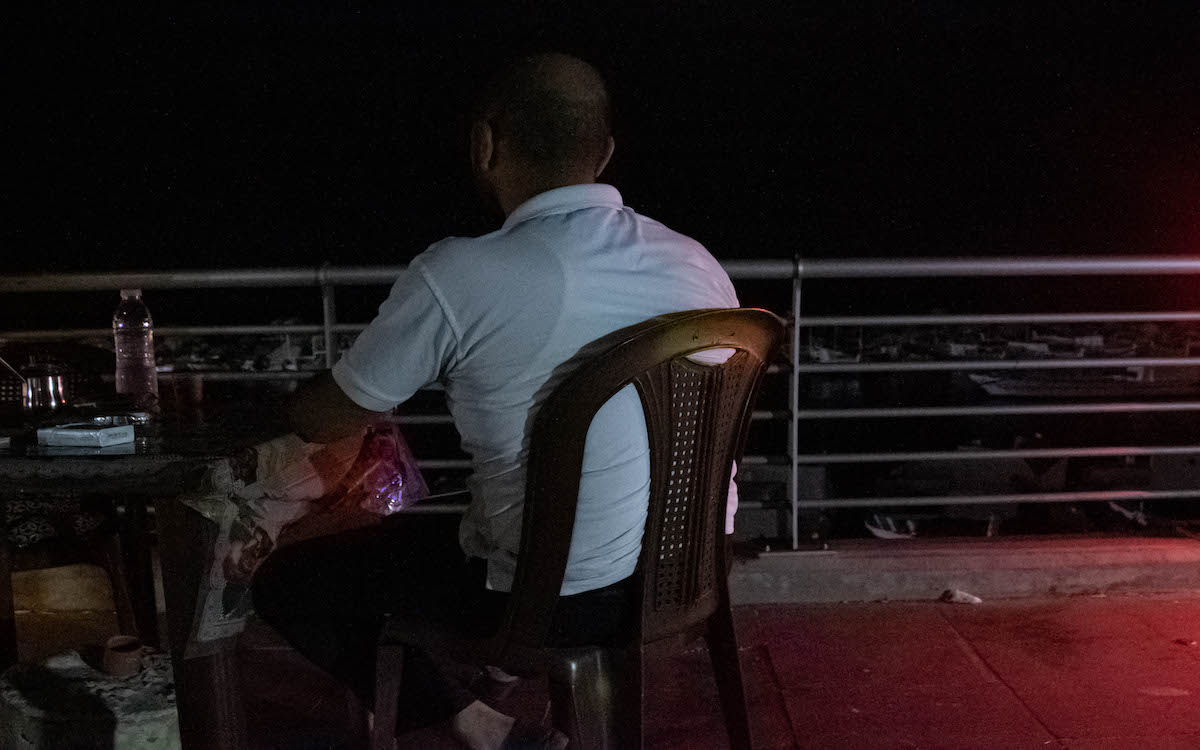
Escape from Syria
Prior to his attempt to get smuggled out of Lebanon, Farid, who spoke on the condition of anonymity, was an officer in the Syrian military for 11 years, from 2000 until 2011, when the uprising began.
“When the events started, I was in Syria,” he recalled. “At first, it was just protesting. There wasn’t any force being used. The people would just go down into the streets and I was a friend of the protesters.”
Then, as violence escalated, Farid and other Sunni officers in the military were rounded up by the Syrian security apparatus and thrown in prison.
According to Farid, the reason for their detention was solely because they were Sunni Muslims.
For three years, he remained in the notorious Sadnaya prison where he was tortured almost daily.
“Every two days, they would hit your hands. They would hit us with their batons,” he said. “When we got sick, they would beat us. They wouldn’t take us to the hospital. If they took you to the hospital, you would get a beating as well.”
When he was finally released in 2014, he was told that he could not leave the country for five years. However, his brother, who made it out of prison just prior to him, was arrested again by the regime with his family still in the dark about what happened to him. Scared of being brought back to the prison, Farid decided to get out of Syria.
“I came to Lebanon illegally through smuggling,” Farid stated. “There was a smuggler and he takes $1,600 and he brings you here. I got out of prison and I didn’t have anything anymore. My cousins were in Lebanon. They are the ones who gave me the money [to pay the smuggler].”
Despite escaping certain fate in Syria, Farid still feared for his safety. The regime had friends in Lebanon who helped kidnap soldiers and officers who had deserted and return them to Syria. Several of his friends and colleagues were kidnapped from inside Lebanon.
“I stayed at my cousin’s home,” he said. “If I wanted to go out, my friends would order me a car and it would come to their place. That was how I lived for about a year and a half or maybe two years. I tried to change the places I was staying at as well as change my phone number.”
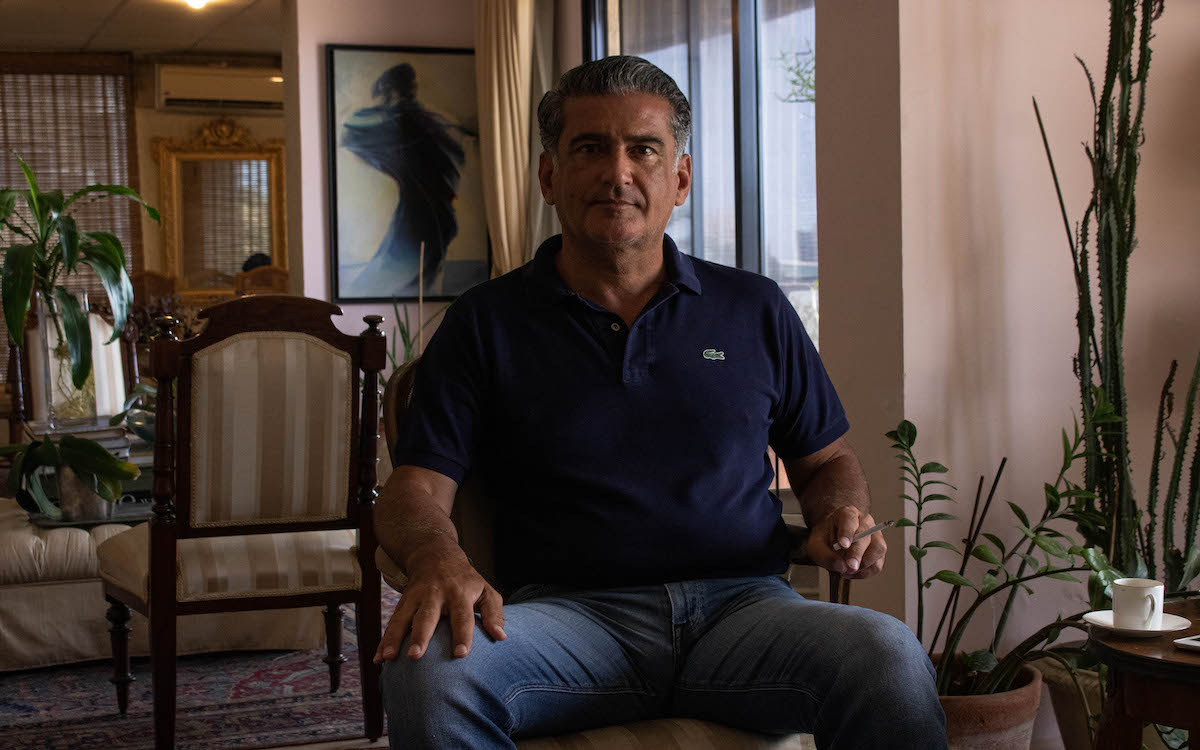
A failed attempt
When the war started in Syria, another of Farid’s brothers was smuggled to Cyprus and managed to build a home there. So, in 2020, Farid contacted his brother asking if he could help him arrange passage to Cyprus and if he could stay with him after he arrived.
His brother agreed without hesitation.
He told Farid to bring $1,500, explained where to meet the smuggler and assured him that someone would meet him when he arrived, and bring him to his home in Cyprus.
But he would never arrive.
“They took us early in the morning to the sea and we stayed there. There were 49 of us in one [boat]. Men, women and children. We got lost [in the sea],” he stated. “We were about 15 hours away from Lebanon when we got lost on the way to Cyprus.”
According to Farid, The smuggler did not have a GPS with him. Only a compass.
“This is where I felt things were going down,” he explained.
After a while of being in the sea, the smuggler turned to the group and said that they “should have been there by now.”
“In that exact moment, I knew we’re lost,” Farid recalled solemnly.
The next morning, the group spotted several boats. They held up the children to assure other boats that they were not pirates, or threatening, in hopes of being rescued.
However, no one would come to their rescue.
They were out of fuel. They were also low on food and water.
“On the second day, a child died. A young child. There was no food. No one had any food. There was no water. We had brought some with us, but it had run out,” Farid said.
As the days went by, more passengers were dying as the boat floated aimlessly in the Mediterranean.
On the morning of the eighth day, a Syrian woman died. She was there with her husband and children. A couple of hours later, they were spotted by a Turkish ship from the UNIFIL Maritime Task Force, and brought to Beirut.
Upon arrival, they were questioned by Lebanon’s intelligence agencies, tested for Coronavirus, and placed in a hotel for three days until it was confirmed that they did not have the virus.
“I had an interview with the UN where they asked me about why I tried to leave. I told them that my situation is dangerous. That the Syrian regime would take me back to Syria,” Farid stated. “They gave me 375,000 lira. That’s it. And I haven’t seen them since.”
Farid now works as a taxi driver, but even that comes at a price. He rents the car that he uses for around 40,000 lira per day and has to pay for his own gas. With gasoline prices rising, and fuel becoming harder to secure, he is barely making any money.
His situation is not unique to Tripoli, which has been long neglected by the country’s politicians, who have seemingly abandoned the city’s residents to struggle on their own.
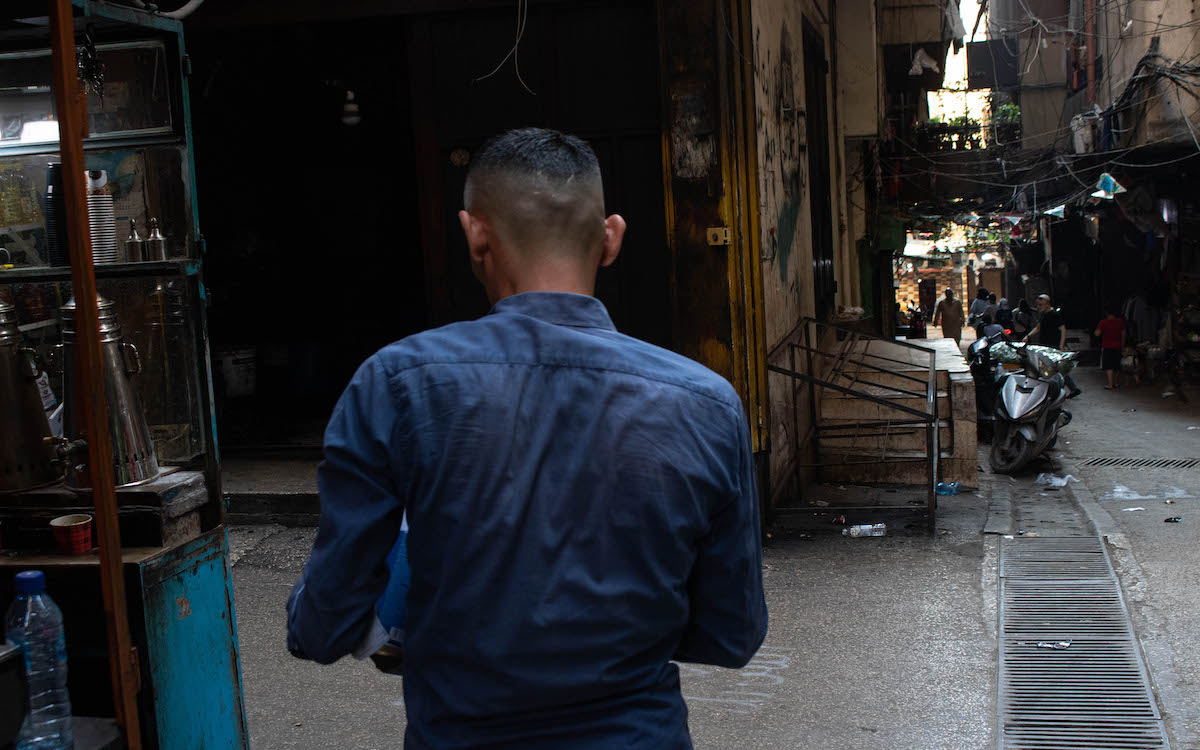
“Everybody is trying to get out”
Before Lebanon’s economic collapse started in late 2019, Tripoli was already in the midst of its own crisis.
“Tripoli, 10 years ago when there was a report in Esquire, had something like a 60 percent poverty rate,” Misbah Ahdab, a 59-year-old former MP for Tripoli, told NOW. “I’m talking about a period of time when it was fine in Lebanon. Now [the crisis] is all over Lebanon. So, you can imagine that the situation is really bad in Tripoli.”
The city and surrounding areas are also home to well over 100,000 Syrian refugees and an estimated 30,000 Palestinian refugees, putting more pressure on the struggling city.
There have also been multiple instances of armed clashes and bombings in Tripoli, feeding its reputation as a city filled with extremists, and adding to its neglect.
Today, Tripoli has a poverty rate of over 70 percent with a 60 percent unemployment rate amongst Tripolitans. Dozens of residents lining up to receive food boxes has become a much more common occurrence amid the crisis.
According to Ahdab, a short-term solution that would drastically help the city would be job creations. However, any attempts to do so have been blocked by the political elite, citing the Tripoli fairgrounds as an example.
“The problem is that all of the infrastructure in Tripoli that could trigger job creation is blocked by the central state,” he explained. “The example is right next to us here, the fairgrounds, where you have two theaters with the capacity for 1,200 [people]. Only this or using the fairgrounds for economic activity would create jobs.”
In addition, the port of Tripoli is primarily used by the Syrian regime to bypass the Caesar Act restrictions and, due to the coronavirus pandemic, tourism is down significantly.
While Tripoli has plenty of opportunities for job creation, Ahdab argues that the politicians block any attempts to help the city as it forces the people to remain dependent on them for help.
“What they have done is to impoverish people and then get fed for their political allegiance,” he stated. “They only have one proposal: ‘We give you money during the elections and we’ll send you a food parcel when needed and, in return, you’ll vote for us.'”
Keeping the city poor also allows the politicians to steal the city’s resources for themselves, using things like construction contracts, as a way to enrich their companies.
“They’re not here to help the city. They’re not interested in helping. The only thing was for them to take the resources of the city,” Ahdab argued. “Their own companies took all of the road construction and the garbage collection, the port of Tripoli. Anything where they could steal money, they have done with impunity.”
Since there is no effort by the politicians to improve Tripoli and residents are forced to fend for themselves, an increased number of people are trying to leave through both legal and illegal means.
“This is why everybody is trying to get out,” Ahdab said. “You can talk to any young man that you find in the street. He’ll be trying to find a way out of Lebanon. If he had a job and if he had a decent life here, I’m sure that he would stay.”
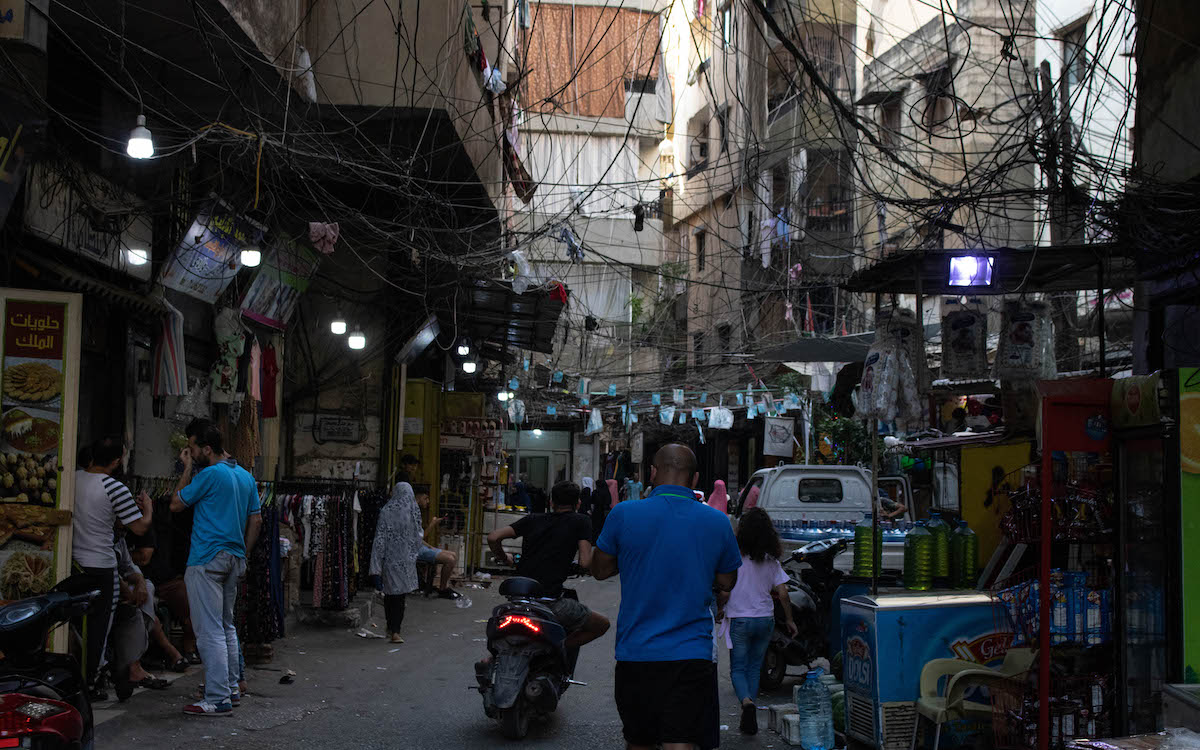
A perpetual prison
Tripoli as a whole has been struggling amid the economic crisis, but poorer areas, such as l the Bedaoui Palestinian refugee camp, have been hit the hardest.
Residents of the camp have an even more difficult time finding any work, as they face both restrictions in what they are allowed to do, as well as anti-Palestinian discrimination.
“The situation is tiring. The people are leaving the camps. How can Palestinians live if they don’t have rights in Lebanon,” 26-year-old Mohammad Bashir asked NOW.
Many in the camp, like 41-year-old delivery driver Mohammad Saed, live on only $2, despite having work.
Saed told NOW that “a lot of people here are trying to get smuggled out of Lebanon by boat.”
Ahmad Mansour, 21, said that he wants to leave for Europe like his two brothers who were smuggled out of the country.
“My two brothers left Lebanon by going through Syria and entered Turkey. From there they entered the EU,” Mansour told NOW. “I know some people that left on boats, but it is really scary to [leave] that way. It’s better to go through Syria to Turkey and then to Europe.”
Mansour does not work and spends his days sitting on the side of the road smoking before heading home.
“The camp is a prison. A small prison, but it is still a prison,” Bashir stated.
But outside the camp, refugees, as well as Lebanese residents of Tripoli, do not have more chances at a better life.
Farid receives 100,000 Lebanese pounds from the UN every month, but, with the economic situation in Lebanon and the devaluing of the local currency, the money is basically meaningless. Aid in “fresh” dollars would change his life, she says.
“If they gave me $100, then I wouldn’t work. I would be at home right now,” he joked.
Farid described his current situation in Lebanon and his time in prison in Syria as feeling exactly the same since, in both cases, he felt like he was going to die and had no control over his fate.
Because of this, he explained that he is planning on attempting to flee to Cyprus by boat again, despite having nearly died the first time.
“I want to attempt to go to Cyprus again now. I want to go,” he said. “It’s in the hands of God. I will die either here [in Lebanon] or on the road [to Cyprus]. I want to change my life.”
Rayanne Tawil contributed to this report.
Nicholas Frakes is a multimedia journalist with @NOW_leb. He tweets @nicfrakesjourno.



